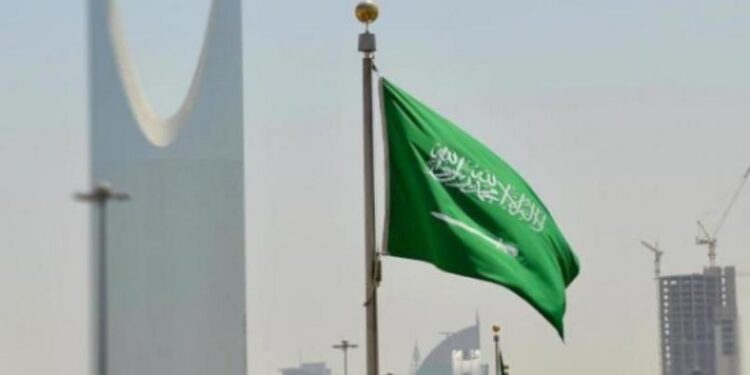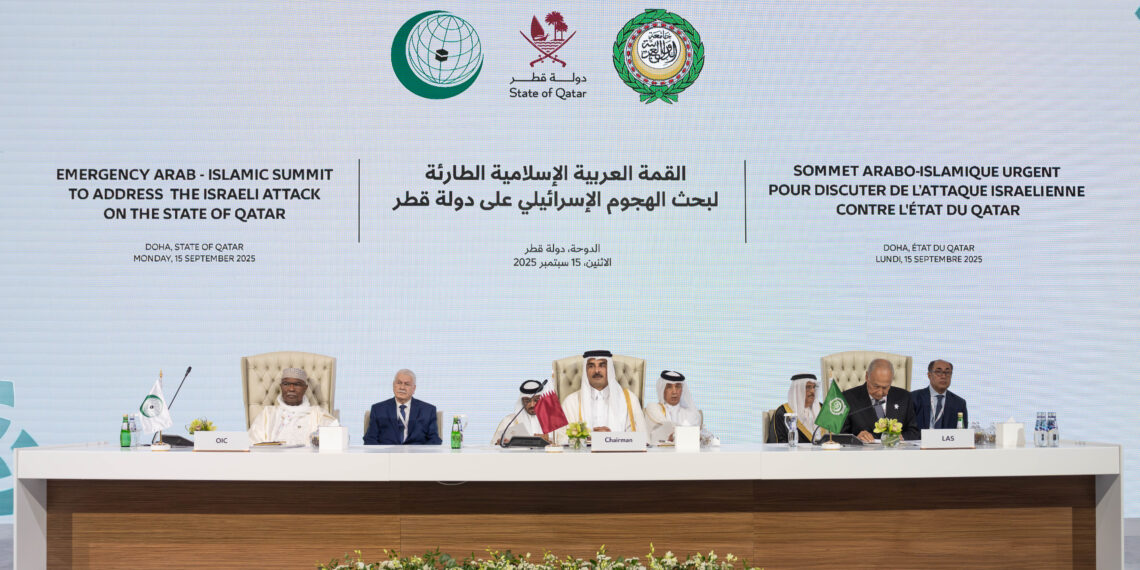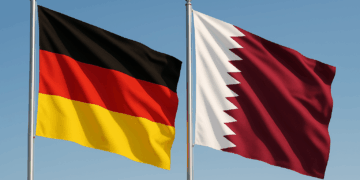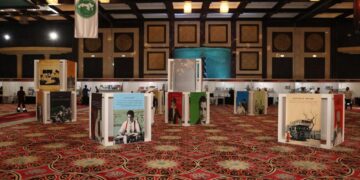The Saudi economy recorded a 3.4% year-on-year growth in the first quarter of 2025, supported by strong performance in the non-oil sectors, according to estimates by the General Authority for Statistics.
Data showed that the seasonally adjusted real GDP increased by 1.1% compared to the last quarter of the previous year, indicating a stable growth trend.
The non-oil sector grew by 4.9% year-on-year, while oil activities declined by 0.5% due to fluctuations in energy prices. The report noted that non-oil activities contributed 2.8 percentage points to the growth, while the public sector and net taxes on products contributed 0.5 and 0.2 percentage points, respectively.
Leading the list of the fastest-growing sectors in the first quarter were wholesale and retail trade as well as restaurants and hotels, with an 8.4% growth, followed by the transport, storage, and communications sector with 6%. The finance, insurance, and business services sector grew by 5.5% year-on-year, despite a slight decline of 0.1% compared to the previous quarter.
Gross fixed capital formation rose by 8.5% year-on-year, reflecting ongoing confidence in the economy. Government spending increased by 5.2%, while private consumption grew by 4.5%, though slightly below the level of the previous quarter.
The data also showed that Saudi exports rose by 12.3% quarter-on-quarter, while imports declined by 10%, narrowing the trade gap.
These results are part of the Kingdom’s efforts to diversify its economy under Saudi Arabia’s Vision 2030 and reduce dependence on oil revenues. The International Monetary Fund’s (IMF) latest report projects GDP growth of 3% for the current year, with a slight slowdown expected in 2026.
In contrast, a December 2024 report by Mastercard Economics highlighted the increasing role of the non-oil sectors in supporting economic stability, forecasting GDP growth of 3.7% in 2025, driven by investments in tourism, entertainment, technology, and manufacturing.
The report also emphasized the continuation of economic diversification through major projects such as the city of Neom, the Red Sea project, and Qiddiya, as well as the expansion of renewable energy and digital transformation.
Additionally, the role of population growth in boosting economic activity was highlighted, particularly regarding private consumption, reflecting the Kingdom’s ability to adapt to global economic changes and ensure sustainable growth.







